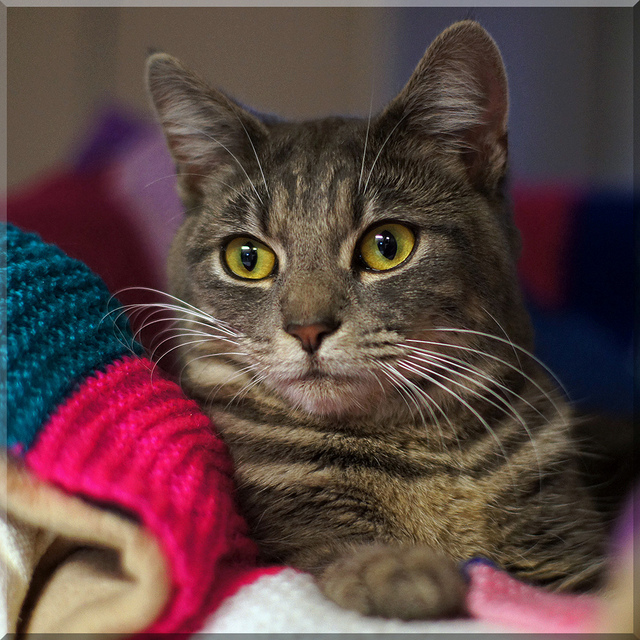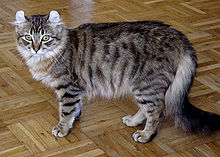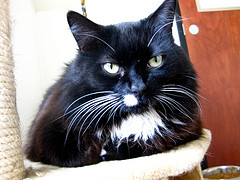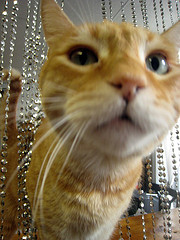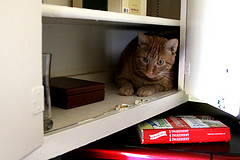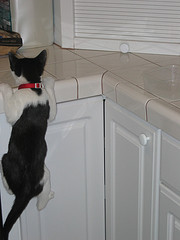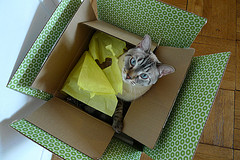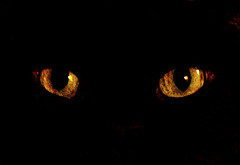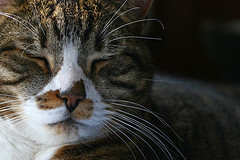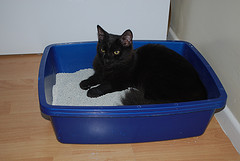This week, I helped my close friend rescue a shelter kitty. This particular cat had been living in a tiny cage for over two months. The adoption price was reduced since nobody wanted to take him home. My friend, however, fell in love with him.
The kitty, Nickel, is an identical copy of his current furry friend, except a male version. He is only about six months old, and the shelter volunteers were in tears when my friend decided to adopt Nickel. They were grateful that he finally found a forever home.
Nickel, on the other hand, was terrified of life outside his cage. He became a very stressed out cat, and we had to help make him feel at ease in his new home.
When we first brought Nickel into his new living quarters, we opened the pet carrier to let him explore. Initially, he seemed like a typical, curious cat. He sniffed everything and began wandering around. After a few minutes, however, he disappeared.
We thought he jumped behind the clothes dryer (a popular hiding place for my friend's other cat), but he was not there. After a good 15 minutes of searching, we found him trapped behind the fridge. After half an hour of coaxing, Nickel finally came out. It was then that we realized just how stressed out this transition had made Nickel.
That's when I remembered a few good tips on how to introduce a feline to a new environment. Instead of giving him free reign over the entire space right off the bat, it is better to confine him to a small area. We chose the bathroom. After setting up a litter box, food and water, we moved Nickel to his new room.
He seems a lot more comfortable in the smaller space. Sure, he still hides behind the vanity, but he feels more secure. It will probably take a few more days for Nickel to fully accept this new home. Once he does, my friend will let him explore another room.
Since there is another kitty in the home, we are going to wait before they meet. A face-to-face encounter could end up severely stressing out both cats. We will allow them to get accustomed to each other's scent from under the door. That way when they do meet, it won't be as traumatic.
We are also feeding Nickel the same food he received at the shelter. Getting a new home and owner is a huge change, so keeping some things the same will help him adjust quicker.
Remember that a stressed out kitty may seem skittish. Instead of giving up on a frightened cat, take a little more time to get to know him. Talk to your new friend in a soft, comforting voice. Let your cat smell your hands before petting him. Just sit in the same room so they get used to your presence.
There are no unadoptable kitties, just ones that are not as socialized. After a little time and effort, your furry feline will become a full-fledged member of the family.
